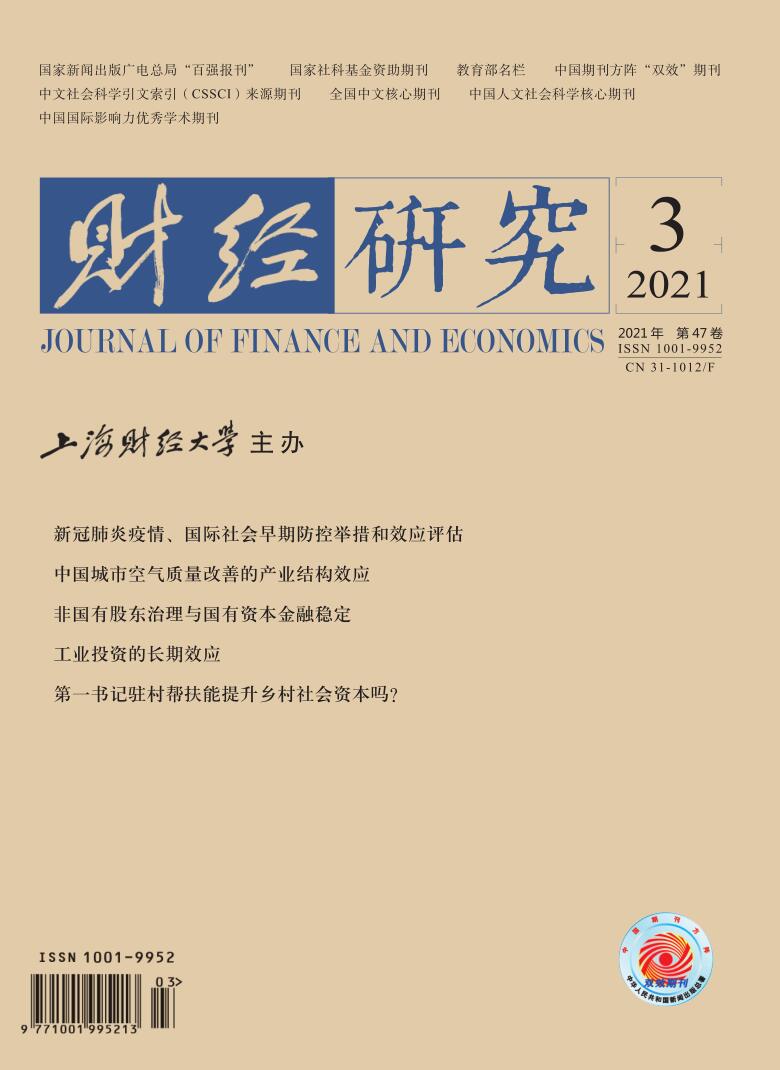At present, insurance companies have been an indispensable institutional investor in China’s capital market, playing an important role in optimizing the structure of investors and stabilizing the capital market. By the end of 2020, the total market value of the shares held by insurance funds has been 2.2 trillion yuan, accounting for 3.44% of the market value of A-shares, and it was the second largest institutional investor after securities investment funds. However, due to the negative events such as “Insurance Capital Raising” and “Baoneng Versus Wanke Dispute” in 2016, the radical investment strategy of insurance companies has attracted wide attention from the public and regulators, and regulatory authorities had to introduce a series of measures to strictly constraint the investment of insurance funds.
However, previous literature only regards insurance companies as a kind of institutional investors, and studies their overall behavior, preference and characteristics of holding, but ignores the heterogeneity on the operating attribute of insurance companies. Obviously, it is more important to study the positive (negative) externality of the holding behavior of insurance companies with different operating attributes on the stability of capital market from the perspective of operating attribute diversity. In 2017, regulatory authorities exerted a series of regulations, proposing the “insuring attribute” to correct the industry chaos, and regulate the use of insurance funds and corporate governance, which provided an effective natural laboratory for studying the impact of insurance institutional investors on the stability of financial market.
On this basis, this paper manually collates the financial data and shareholding data of 67 life insurance companies from 2010 to 2018, and studies the impact of the operating attribute diversity of life insurance institutions on the stability of capital market. Firstly, according to the operating characteristics of life insurance companies, this paper designs the evaluation indexes of financial attributes and security attributes, and then assigns the corresponding indexes. It is found that from 2010 to 2018, the overall financial attribute of China’s life insurance industry showed an upward trend, while the security attribute showed a downward trend, and reached the lowest level in 2015. Then, from the perspective of the heterogeneity of operating attributes, this paper studies the specific differences of the impact of different types of life insurance companies on the stability of capital market. The results show that the shareholding of life insurance companies with strong financial attributes can significantly increase the risk of stock price crash, while the shareholding of life insurance companies with strong security attributes can significantly inhibit the risk of stock price crash. After subdividing the shareholding ratio, this paper finds that the higher the shareholding ratio of insurance companies with strong financial attributes is, the higher the risk of stock price crash of listed companies is. After the tightening of supervision in 2017, the negative impact of life insurance companies with strong financial attributes has been effectively suppressed. Mechanism test results show that life insurance companies with strong financial attributes have short holding period and poor holding stability, enhancing the synchronization of stock price and easily leading to a herding effect, which is not conducive to the realization of long-term value preservation and appreciation function of insurance funds, violates the essence of insurance protection function, and seriously endangers the stability of financial system. Therefore, regulatory authorities need to identify the operating attribute of insurance companies from the micro and meso levels and conduct governance.






 6067
6067  10560
10560

